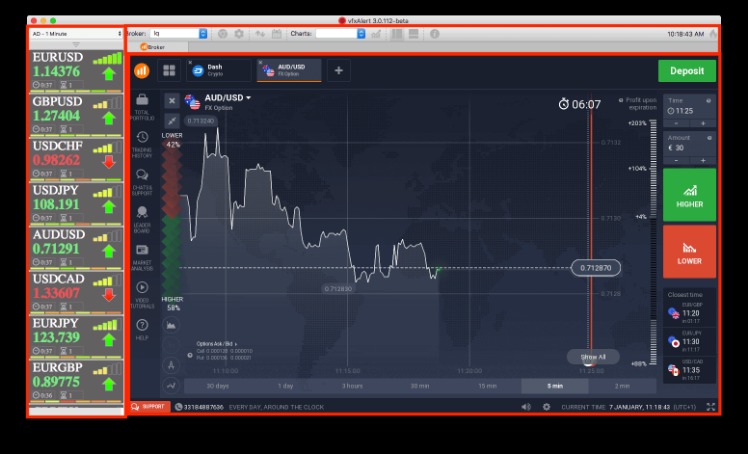In today’s dynamic world, the landscape of world politics is continuously evolving, presenting new challenges and opportunities. This intricate web of shifting alliances and emerging powers requires keen geopolitical analysis to understand the implications on global security and international relations.
Understanding the Key Players
The arena of international relations is dominated by a few critical players whose policies and decisions influence the global stage:
- The United States, under leaders like Donald Trump, has shifted its focus towards a more nationalist foreign policy agenda.
- China continues to expand its influence through strategic economic investments and assertive foreign policy moves.
- Russia remains a formidable force, leveraging its energy resources and military capabilities to bolster its geopolitical standing.
The Role of Diplomatic Strategy
Effective diplomatic strategy is crucial for nations seeking to navigate the complexities of international conflict. Diplomacy serves as a tool to mitigate tensions, foster alliances, and promote peace. This strategy is evident in various foreign policy news headlines around the globe.
Middle East Politics: A Forefront of Global News
The Middle East continues to be a hotspot for global news headlines, with a myriad of issues ranging from territorial disputes to internal political upheavals. These challenges necessitate robust intelligence reports and a deep dive into geostrategic insights to anticipate developments and devise appropriate responses.
Global Security Concerns
The international community faces several global security concerns, including:
- Proliferation of nuclear weapons and technologies.
- The increasing accessibility and impact of cyber warfare tools.
- Climate change as a catalyst for resource-based conflicts.
FAQs
Q1: What are the current trends in geopolitical analysis?
A1: Current trends include an increased focus on cyber threats, the rise of non-state actors, and the impact of technology and data on espionage and intelligence gathering.
Q2: How has Donald Trump’s presidency impacted world politics?
A2: Trump’s presidency marked a shift towards unilateralism, impacting alliances, trade policies, and international agreements. This approach significantly altered the traditional norms of diplomatic strategy.
Q3: What are the potential outcomes of ongoing international conflict in the Middle East?
A3: Potential outcomes range from regional destabilization and refugee crises to opportunities for negotiation and peace-building, contingent upon the strategies employed by global stakeholders.
In the intricate realm of international relations, staying informed through foreign policy news and analytical insights is crucial for navigating complexities and fostering global cooperation.




